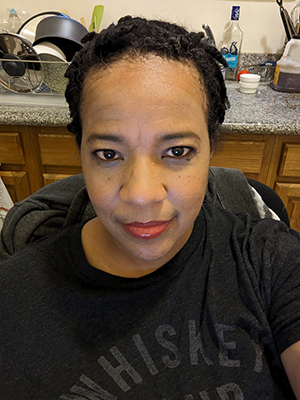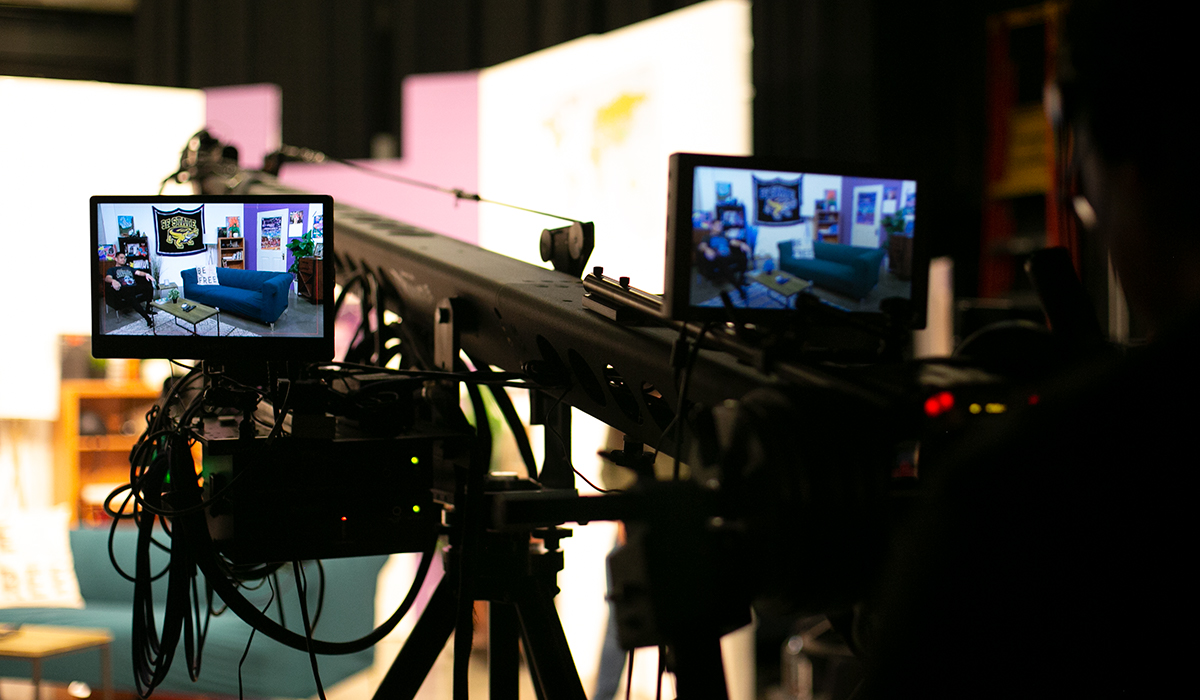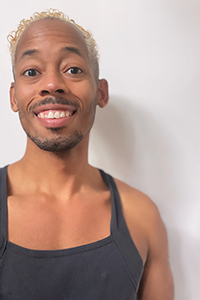Student enjoys Beltway life in internship with Congressional Hispanic Leadership Institute
Lluvia Castillo is passionate about a career in public service, beginning in her hometown near the California/Oregon border
A San Francisco State University student received real-life civics lessons on the Beltway every day this semester, thanks to her participation in a leadership program. Selected for The Fund for American Studies’ Capital Semester internship, Lluvia Castillo worked at the Congressional Hispanic Leadership Institute in Washington, D.C.
As an administrative intern, Castillo served as the assistant to Mary Ann Gomez Orta, CEO of the Congressional Hispanic Leadership Institute, a nonprofit organization founded by members of Congress to advance the Hispanic community’s economic progress with a focus on social responsibility and global competitiveness. Castillo shadowed the CEO at meetings and events with elected officials, took notes and updated financial documents. When not at work, Castillo took classes at George Mason University and lived several blocks from the U.S. Capitol. She also enjoyed visiting the historic monuments and having the opportunity to meet Rep. Ileana Ros-Lehtinen, the first Latina to be elected to Congress, and others.
“Not only do they work with a lot of people in diverse backgrounds, but with Congress,” Castillo said. “I felt like I can learn new skills and take them back home and implement them in my community. That way I can help my community out.”
Castillo, a Political Science major, plans to pursue a career in public service, beginning in her hometown of Dorris. The agricultural town in rural Siskiyou County sits along Highway 5 near the Oregon border. It is in California, but geographically and culturally a world away from San Francisco. Its population is 860 according to the U.S. Census, down 8% from 2010. Castillo describes the area as lacking overall support for its immigrant farmworker population in addition to convenient access to healthful food and other resources.
“People have to drive if they want to even get fresh vegetables, fresh fruits, fresh anything. We would have to drive up to Oregon,” said Castillo, a first-generation college student.
This summer, she’ll go home to Dorris and volunteer with Ore-Cal Resources and Conservation Development, where she has helped develop a community garden, before returning to SF State for her final year.
She says a San Francisco State class, “The Politics of Immigration in the United States” taught by Professor of Political Science Ron Hayduk, motivated her to pursue a career in public service.
“He’s the reason why I’m here in D.C. He would email us about internships, and he was that professor,” Castillo said. “His way of listening and encouraging us was one thing that changed me. He was out there pushing us, but also teaching us why immigration is important and why we should go out there and do things for the people who don’t have any voices.”


